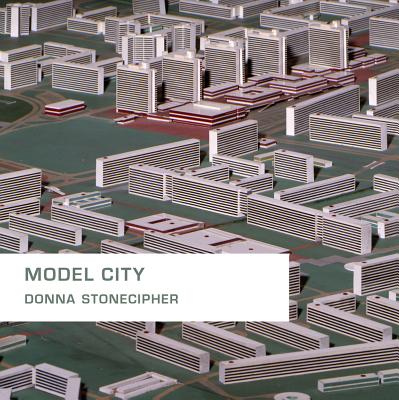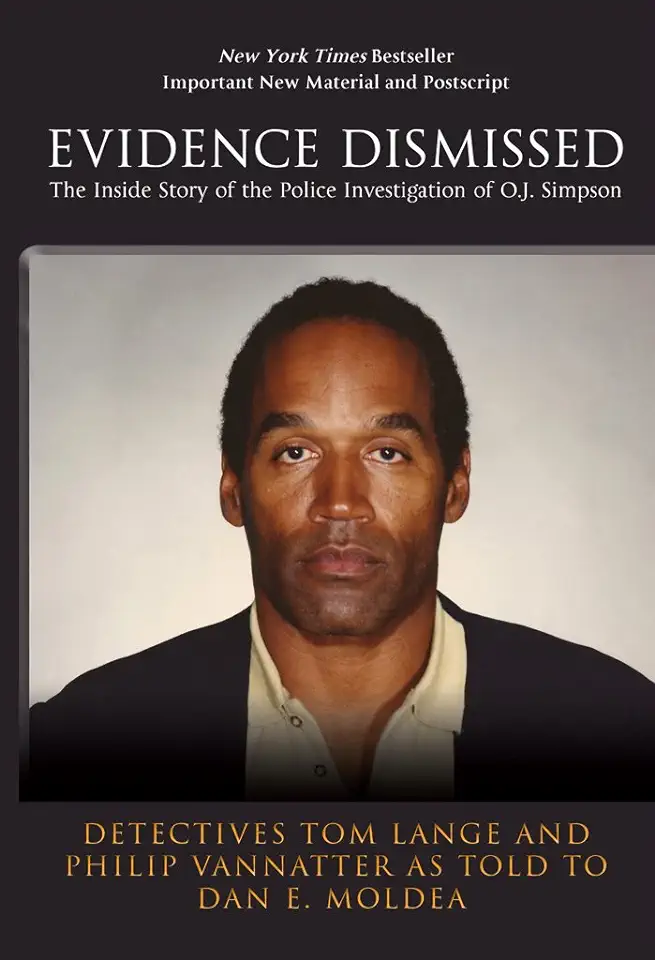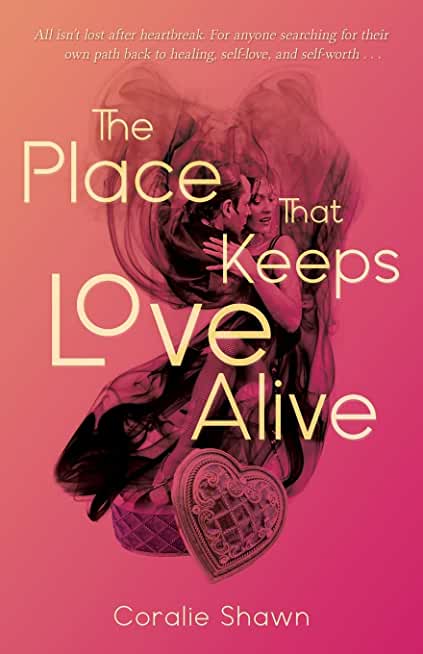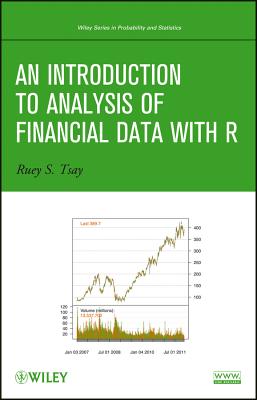
description
ral question 'What was it like?' in 288 different ways. The accumulation of these answers offers a form of sustained and refined negative capability, which by turns is wry, profound and abundant with an unspecified longing for the passing ghost of European idealism. In the various enquiries and explorations of Model City this is also the mapping of a lived condition and its relationships not readily found on every street corner, nor in the broken ideologies from the populist bargain basement proffered by our political cadres. What becomes apparent is that the model city/Model City exists by virtue of a poet's wit and inventiveness, in its accomplished and elegantly measured language. Stonecipher's mesmerizing, epigrammatic fables establish the off-centre polis where, oddly, we find ourselves at home.-Kelvin Corcoran
member goods
No member items were found under this heading.
listens & views

NOEL (DEVOTION-O YESU DOLCE-AY) (FRA)
by BONNARDOT,EMMANUEL AND MICROLOG
COMPACT DISCout of stock
$22.99
Return Policy
All sales are final
Shipping
No special shipping considerations available.
Shipping fees determined at checkout.






